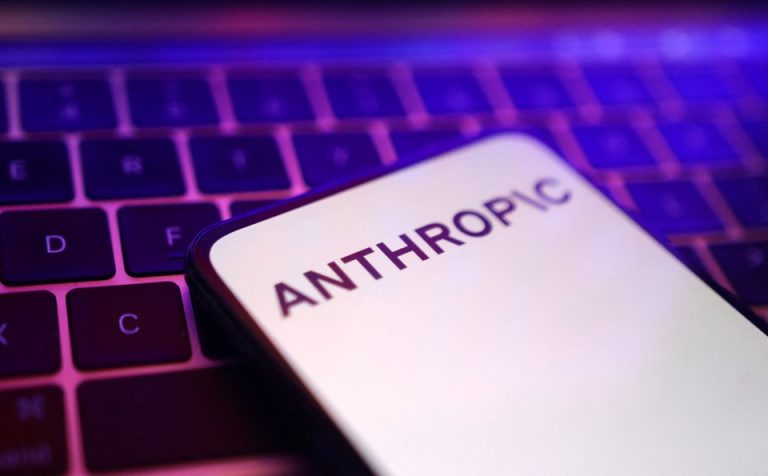
Anthropic CEO Dario Amodei has issued a stark warning about the impact of artificial intelligence (AI) predicting that it could eliminate half of all entry-level white-collar jobs within the next one to five years.
Amodei who disclosed this in an interview with Axios, warned that AI could potentially drive up the unemployment rate to as high as 20%. He called for both AI companies and governments to stop “sugar-coating” the impending disruption that advanced AI systems may bring to industries like technology, finance, law, and consulting particularly for those just starting their careers.
“Most people are unaware that this is about to happen,” said Amodei, who is leading the development of powerful AI systems capable of coding and reasoning at near-human levels. “It sounds crazy, and people just don’t believe it.”
Register for Tekedia Mini-MBA edition 19 (Feb 9 – May 2, 2026).
Register for Tekedia AI in Business Masterclass.
Join Tekedia Capital Syndicate and co-invest in great global startups.
Register for Tekedia AI Lab.
Amodei warned that while the technology has vast potential to improve lives, it also carries immense risks including the mass displacement of workers. He expressed concern that lawmakers are either uninformed or skeptical, CEOs are reluctant to speak publicly, and the broader workforce remains dangerously unprepared for what could be a sweeping economic transformation.
“Lawmakers don’t get it or don’t believe it. CEOs are afraid to talk about it. Many workers won’t realize the risks posed by the possible job apocalypse until after it hits”, he said. He added, “It’s a very strange set of dynamics, we’re essentially saying, ‘You should be worried about where the technology we’re building is going. And the critics reply, ‘You’re just hyping it up.’ But they should ask themselves: ‘What if we’re right?”
Amodei’s warning comes as the industry intensifies the advancement of technology.
Here is how he fears the White-collar bloodbath is unfolding:
- Big AI companies including OpenAI, Google, and Anthropic continue to build large language models (LLMs) that increasingly outperform humans across a growing list of tasks. This trend is real and accelerating.
- The U.S. government, concerned about losing technological ground to China or panicking the workforce, remains largely silent. There’s little regulation and even less public communication.
- The public remains mostly unaware. Millions of Americans do not realize how fast AI is advancing or the threat it poses to their jobs.
The final domino? Corporate adoption at scale. Business leaders, eyeing cost savings and efficiency, have begun pulling the plug on human labor. They have stopped hiring for new roles, declined to fill vacant ones, and replaced staff with AI agents or other automation.
Amodei’s concern is that the job disruption isn’t some distant sci-fi concept, it’s already in motion. According to him if no one acts, the tipping point may arrive before the world is ready.
Notably, in line with Amodei’s warning about AI job disruption, a 2024 survey by Resume Templates, found that 30% of companies replaced workers with AI in 2024, with 38% planning further replacements in 2025, particularly in data
Several of these companies across various industries replaced workers with AI to streamline operations, reduce costs, and boost efficiency.
Here’s a summary of notable examples:
– Duolingo: In 2024, the language-learning app adopted an “AI-first” strategy, phasing out 10% of its contractor workforce. AI now handles tasks like content translation for its 100+ language offerings, reducing reliance on human translators. No permanent employees were laid off, but the shift signaled a move toward AI-driven content creation.
– Klarna: The buy-now-pay-later platform replaced hundreds of customer service workers with an internally developed AI system leveraging OpenAI’s large language model. This move was part of a broader effort to cut costs and enhance efficiency.
– Salesforce: In 2024, Salesforce cut 700 workers (about 1% of its global workforce) while increasing investments in AI. Though not explicitly stated, the timing and reduced hiring budget suggest AI automation may have contributed to these layoffs.
– Foxconn: In a single factory, Foxconn replaced 60,000 workers with robots, showcasing large-scale automation in manufacturing, particularly for electronics assembly.
Looking Ahead
As A.I. technologies rapidly emerge, their impact on the job market raises many questions. While there are concerns that AI could disrupt jobs, ILO research indicates that many occupations could benefit from AI, by replacing mundane tasks and freeing time for more creative and interpersonal work.
By expressing concerns, Anthropic CEO Amodei hopes to spur urgent action from industry leaders and policymakers to brace for the societal upheaval ahead and to start implementing safeguards before it’s too late.



